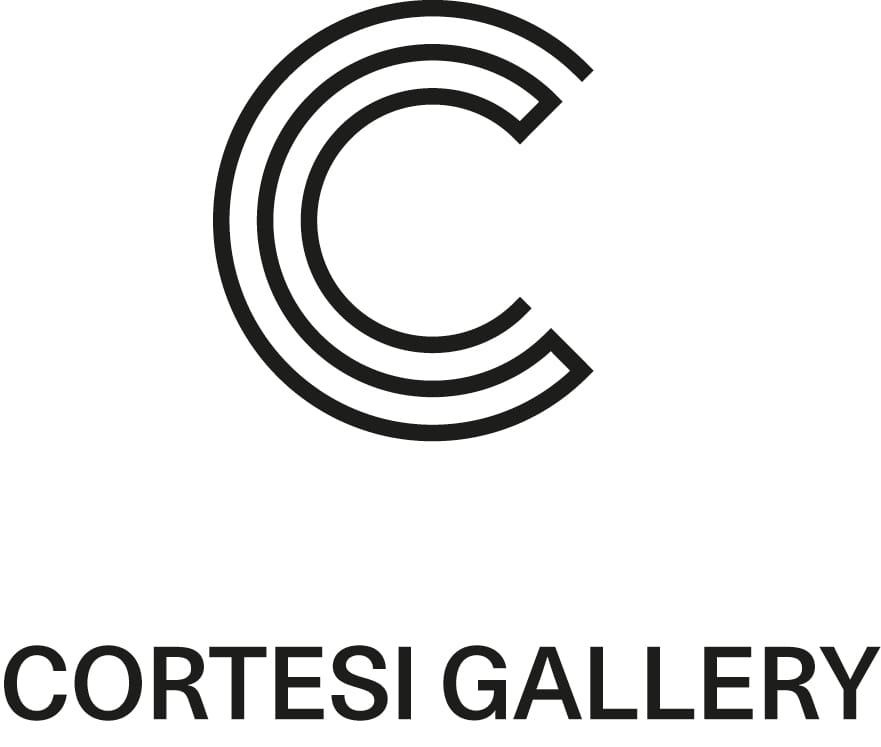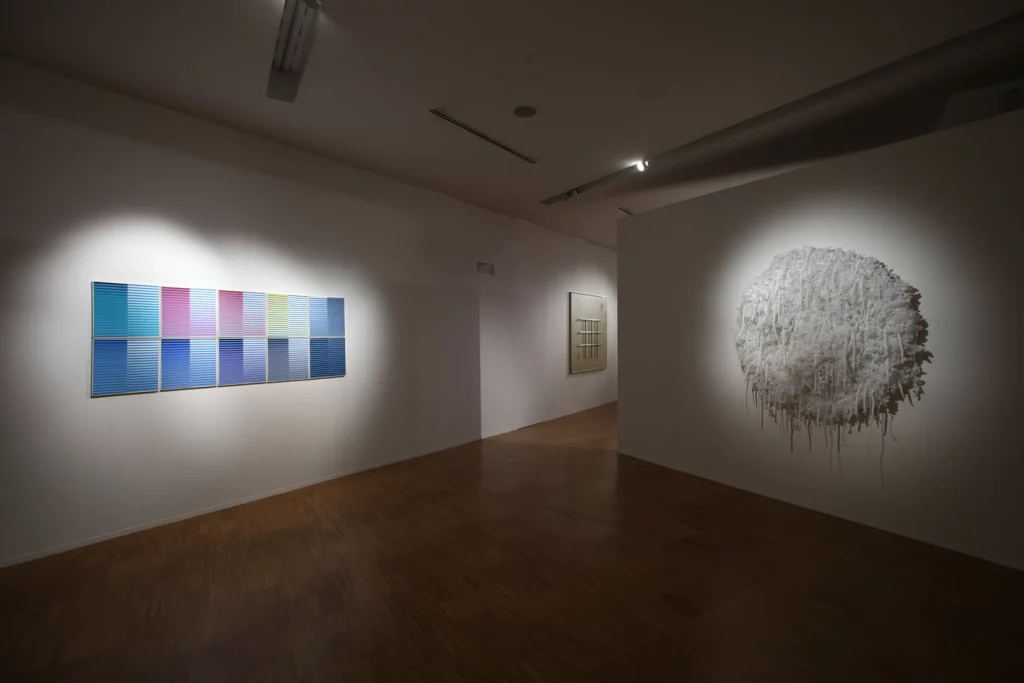In partnership with Cortesi Gallery which is pleased to present the group exhibition: Agostino Bonalumi, Alberto Biasi, Enrico Castellani, Dadamaino, Maurizio Donzelli, Walter Leblanc, Heinz Mack, Gianfranco Pardi, Francesca Pasquali, Henk Peeters, Ivan Picelj, Otto Piene, Paolo Scheggi, Grazia Varisco.
Bildung is a philosophical concept that took shape in late-eighteenth-century German culture, between the Enlightenment and the Romantic era, to describe the process of self-cultivation in modern man: a process based on knowledge and influences received from outside, and personal reflection on one’s own experience.
It is a theme that took on fresh significance in the second half of the twentieth century, when members of the new international avant-garde movements of programmed, optical, and kinetic art saw their works as fundamental tools for forging and defining a new aesthetic awareness, inviting the public to use their art as a catalyst for cognitive experience, to become active participants rather than just passive viewers. These are ideas perfectly in keeping with Raccolta Lercaro, a place for reflecting on the value of artas a tool of spiritual growth and education. And this is the central theme of the exhibition that Cortesi Gallery has developed with curators Ilaria Bignotti and Andrea Dall’Asta SJ, Director of Raccolta Lercaro. It presents sixteen works of the highest caliber, each capable in its own way of helping viewers form an empathic relationship with the image, guiding them along a path of wonder and beauty, experience and knowledge.
Through this Bildung, a process of learning and exchange that engages artist, work, and viewer, the exhibition shows how some of the works on view contain an enacted form, fully defined in all its aspects: from the metaphysical shaping of the surface in Agostino Bonalumi’s Bianco, to the reverberating patterns of Enrico Castellani’s Superficie bianca, to Paolo Scheggi’s Intersuperficie curva; or from the hypothetical architecture of Gianfranco Pardi, to the simple yet complex visual investigations by Grazia Varisco; or the two works by Ivan Picelj, Leukos2 neg and Wertho—the latter on special loan from the Museum of Contemporary Art in Zagreb, which is an official sponsor of the exhibition, continuing a partnership that began with the solo show of work by Ivan Piceljthat Cortesi presented in London and Lugano in 2016.
Other works instead contain a potential form, which becomes full and complete only when developed and defined by the viewer’s personal experience, in a give-and-take inherent to the very idea of Bildung: for instance, Otto Piene’s iconic Rasterbild, or the silvery web of interwoven threads in 62.10 by Henk Peeters, or Heinz Mack’s magmatic Dynamische Form. Or, too, Alberto Biasi’s Rilievo ottico dinamico; Walter Leblanc’s highly sophisticated Mobilo-Statique; Dadamaino’s La ricerca del colore. And, since active exchange is implicit in the concept of Building, the decision to include Mirror by Maurizio Donzelli and Frappa (a work now in the collections of Unipol Group, which kindly lent it for the occasion) and New Baroque by Francesca Pasquali, artists from later generations, is not merely intended to trace an “evolution,” but to examine what the legacy of art history means in our present, in an ongoing experience of growth and dialogue between people and artworks.

